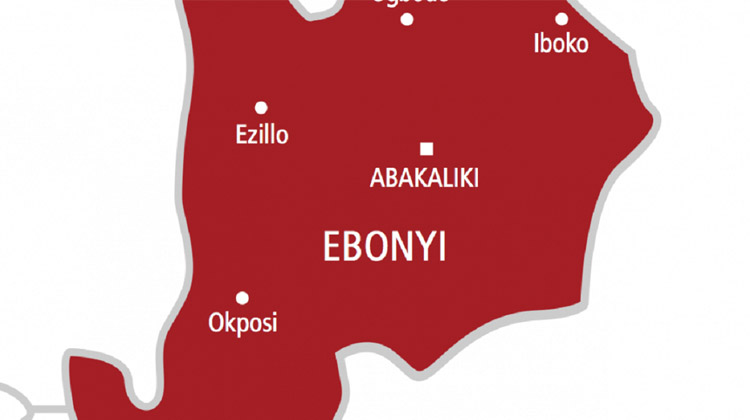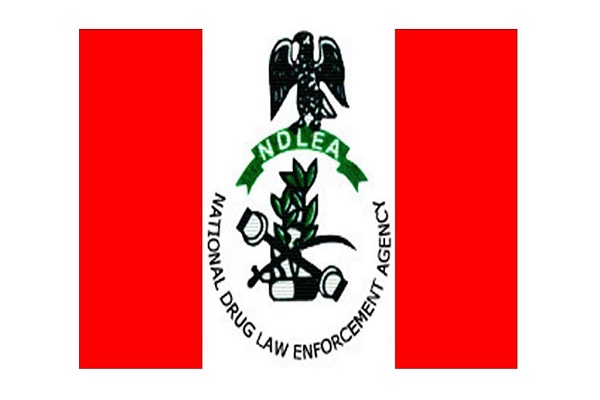The Central Bank of Nigeria (CBN), on Thursday, announced the lifting of the ban on 43 items previously restricted from accessing foreign exchange (forex) from the investor’s and exporters’ (I&E) window.
In 2015, the CBN initially restricted 41 items from accessing FX from the I&E window, the country’s official market.
By implication, importers of the commodities were forced to source for FX at the black market often at higher rates.
The apex bank later added two more items to the list in 2018 and 2020, respectively.
In a statement on Thursday, the CBN said importers of the items are now allowed to purchase foreign exchange in the official market.
Here’s the full list of the 43 items.
▪︎ Rice
Cement
▪︎ Margarine
▪︎ Palm kernel/palm oil products/vegetable oils
▪︎ Meat and processed meat products
Advertisement
▪︎ Vegetables and processed vegetable products
▪︎ Poultry chicken, eggs, turkey
▪︎ Private airplanes/jets
▪︎ Indian incense
▪︎ Tinned fish in sauce (geisha)/sardines
▪︎ Cold rolled steel sheets
Galvanised steel sheets
▪︎ Roofing sheets
▪︎ Wheelbarrows
▪︎ Head pans
▪︎ Metal boxes and containers
▪︎ Enamelware
▪︎ Steel drums
▪︎ Steel pipes
▪︎ Wire rods (deformed and not deformed)
▪︎ Iron rods and reinforcing bars
▪︎ Wire mesh
▪︎ Steel nails
▪︎ Security and razor wire
▪︎ Wood particle boards and panels
▪︎ Wood fiber boards and panels
▪︎ Plywood boards and panels
▪︎ Wooden doors
▪︎ Furniture
▪︎ Toothpicks
▪︎ Glass and glassware
▪︎ Kitchen utensils
▪︎ Tableware
▪︎ Tiles – vitrified and ceramic
▪︎ Textiles
▪︎ Woven fabrics
▪︎ Clothes
▪ Plastic and rubber products, cellophane wrappers
▪︎ Soap and cosmetics
▪︎ Tomatoes/tomato pastes
▪︎ Euro bond/foreign currency bond/share purchases
▪︎ Maize/corn
▪︎ Fertiliser







